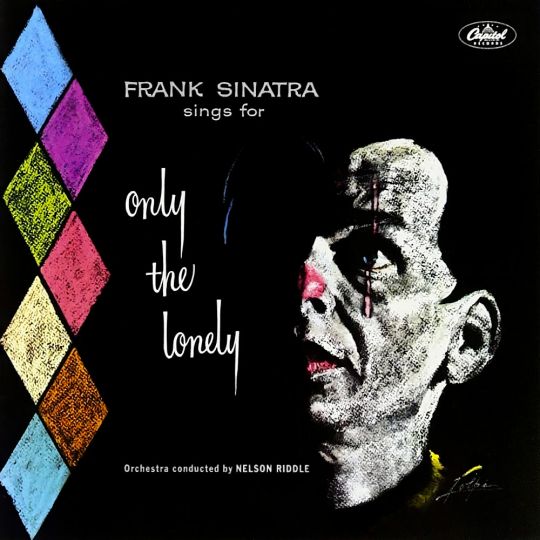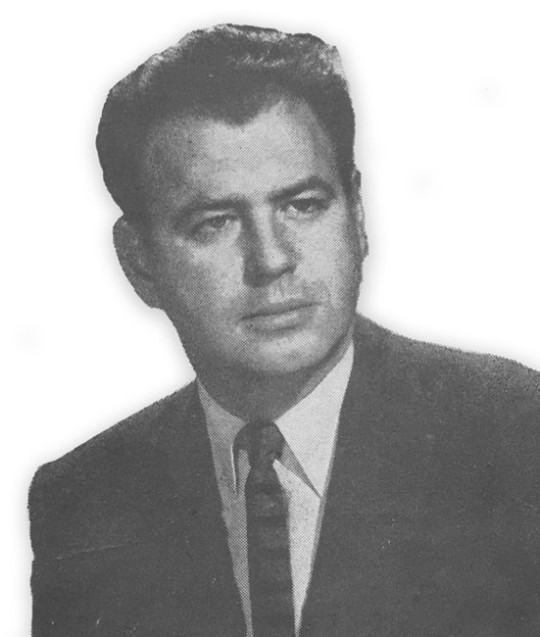#Nelson Riddle
Text
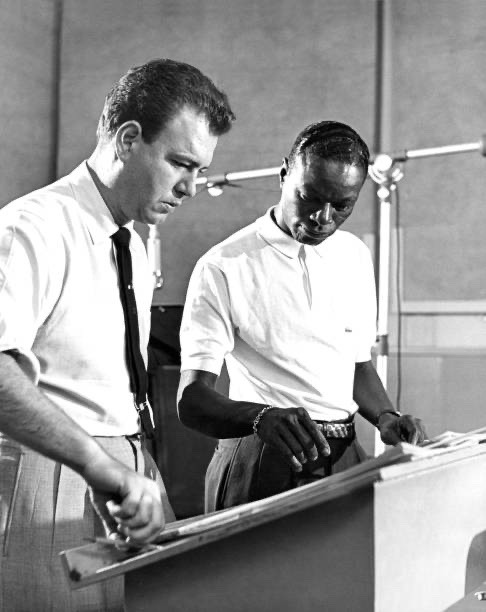
Nelson Riddle and Nat King Cole working in Los Angeles in 1958.
38 notes
·
View notes
Text
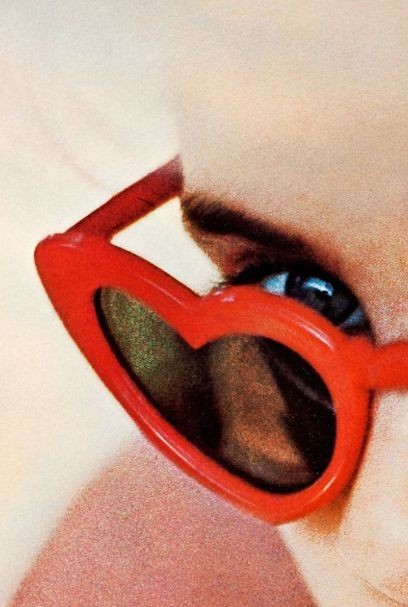
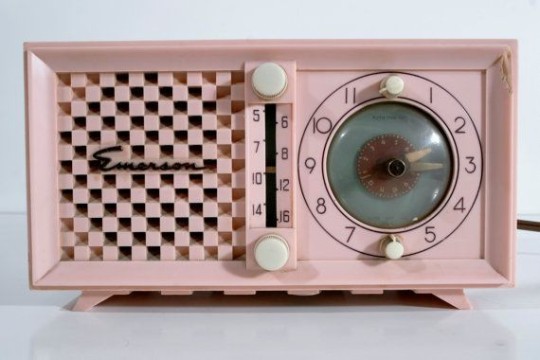
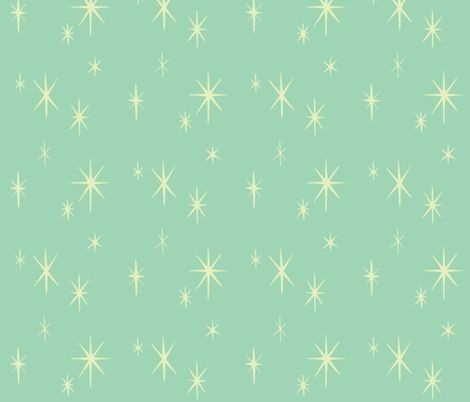
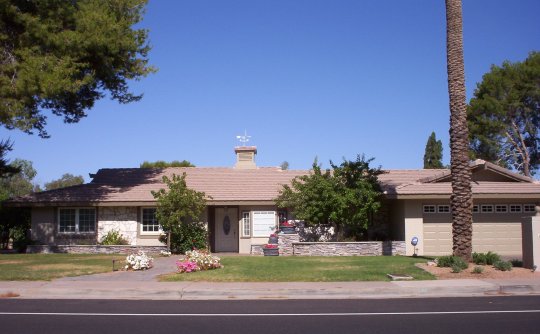
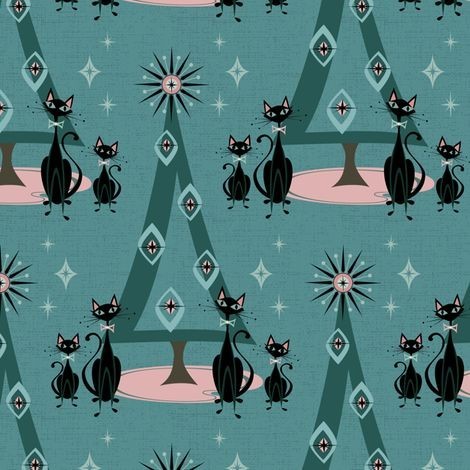
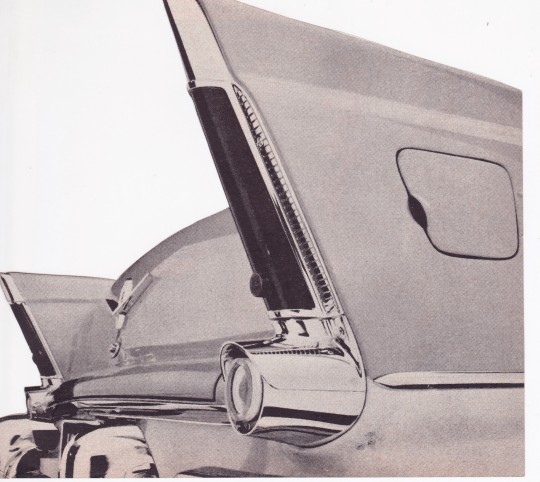
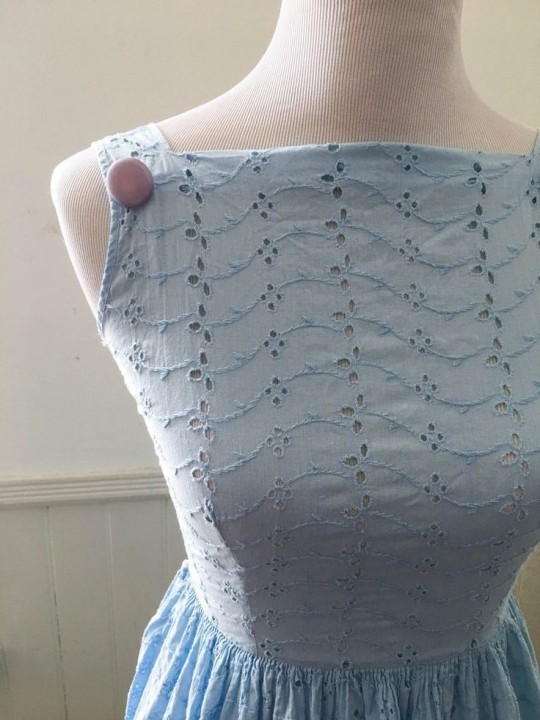
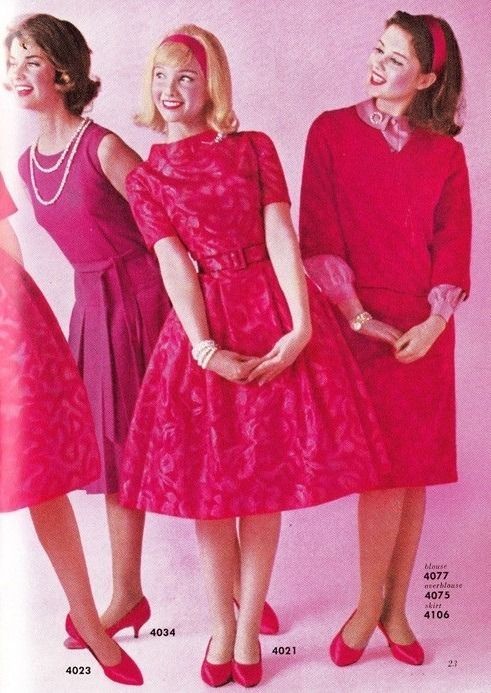
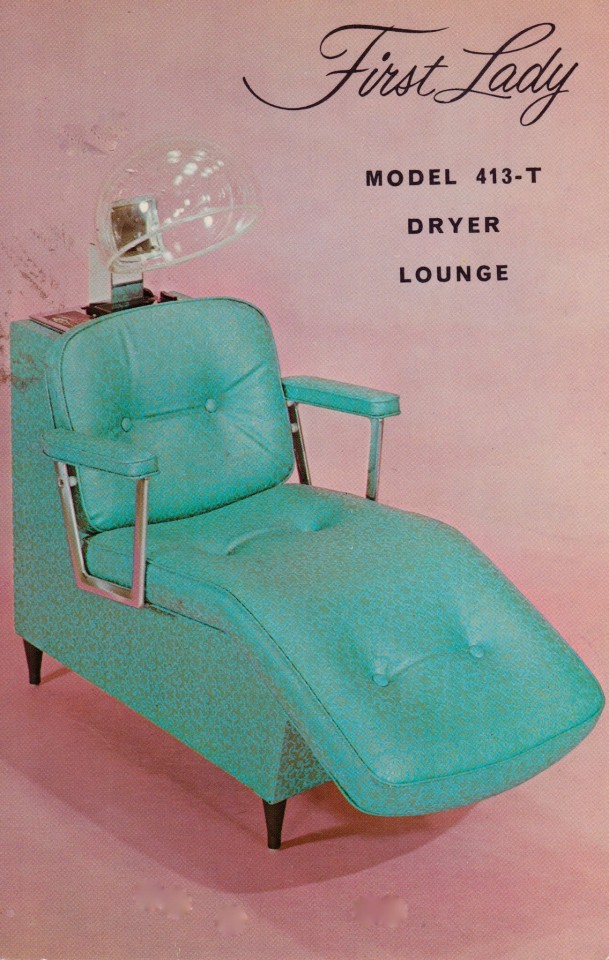
Midcentury Coquette
(Credits to @barbiescanner )
#1950s#1960s#vintage coquette#coquette aesthetic#coquette#classic coquette#1962 lolita#1962#lolita#lovecore#prepcore#summercore#suburbiacore#not mine#flickr#springcore#barbiescanner#lolita ya ya#nelson riddle#audio#Spotify#mid century modern#mid century
10 notes
·
View notes
Text
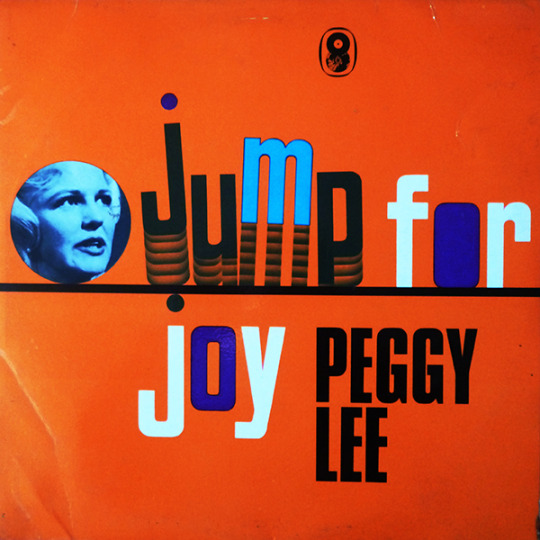
Peggy Lee - The Glory of Love (World Record Club)
14 notes
·
View notes
Text
youtube
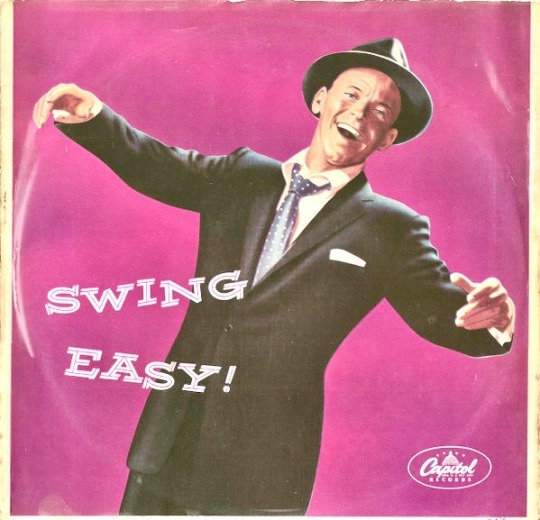
Song of the Day - “Just One of Those Things”
Today is the 70th anniversary of a recording session at Hollywood Studios in LA … April 7th, 1954...
for Frank Sinatra’s 8th studio album “Swing Easy”…which would get released in August.
But today was the first of two recording sessions, and is particularly notable for being the birth of one of the great pairings in music - Sinatra with arranger Nelson Riddle... a marriage made in swing heaven … this was their first collaboration with Riddle as the arranger...
The band was Harry Edison on trumpet, Tommy Pederson, Ray Sims, and George Roberts on trombones, Skeets Herfurt, Mahlon Clark, Babe Russin, Eddie Miller, and Joe Koch on saxes, Bill Miller on piano, Allan Reuss on guitar, Joe Comfort on bass, Alvin Stoller on drums, and Frank Flynn on the vibes…
Of the handful of songs recorded today, this one, Cole Porter’s “Just One of Those Things” is the perfect slice of this new duo’s magic.
The whole album is delicious, but this is the sweetest of the cuts… truly a trip to the moon on gossamer wings…
[Mary Elaine LeBey]
#Nelson Riddle#Frank Sinatra#Mary Elaine LeBey#Just One Of Those Things#songs#music#my favorites#swing#Youtube
8 notes
·
View notes
Text
Year-End Poll #7: 1956

One of the interesting things about doing these polls is seeing how going through each decade starts to feel like a countdown to some great cultural moment. I imagine the 60s polls will feel like a countdown to Beatlemania, the 70s to disco, the 80s to the MTV era, the 90s to grunge, the 00s to the mp3 era, and the 10s to streaming. And the 50s felt like a countdown to Elvis Presley.
So much has already been said about Elvis, from his "King of Rock and Roll" moniker; to his producer' Sam Phillips' infamous quote about making a billion dollars using a white man to make Black music; to the numerous controversies and legends that could only be attached to a figure of this level of cultural impact -- for better or for worse. As many know, one of the Elvis songs featured in this poll, Hound Dog, was a cover of the blues song originally recorded by Big Mama Thornton. For the sake of these polls, the songs will be voted based on the versions that reached the Billboard charts. However, I still found it important to highlight the song's origins. Many may also know that his rendition of Hound Dog lead to an outrage of controversy, because he had the audacity to move his h*ps on The Milton Berle Show.
If you disregard Elvis the Pelvis, however, the top of the 1956 charts may not feel all that different from prior years. We still see a lot of the traditional pop, vocal quartets, and jazz standards we've grown accustomed to. Which makes sense. Not only do changes rarely happen overnight, but the full snapshot of the culture at any given time can rarely be seen in the Billboard charts -- much less the top ten picks from said chart. However, something is definitely different.
In my opinion, the most telling evidence of this change isn't Elvis Presley. It's Kay Starr's Rock and Roll Waltz. For one, it's a novelty song -- a style of music popular in this decade and will only see more popularity as we move into the 60s. But it goes beyond that. The joke of the song is that the narrator of the song sees her parents try to dance the waltz to this new "rock and roll" music, and she's commenting on the absurdity of it. As the song says, "it's old, but it's new". Some less charitable modern listeners may even call it the "how do you do, fellow kids?" of 1956. That's how you know that something is shifting in the culture, and record labels are scrambling to catch up.
In addition to the change in sound, 1956 also brings us an expanded Billboard Chart to pull from. With more young people listening to their own music, charts began to focus more on retail record sales, rather than performances in public venues like previous years. However, we're still a few years away from the Billboard Top 100.
More information about this blog here
#billboard poll#billboard music#1950s#1950s music#tumblr poll#music poll#music history#1956#elvis presley#nelson riddle#the platters#gogi grant#les baxter#doris day#dean martin
47 notes
·
View notes
Video
youtube
Ella Fitzgerald with Nelson Riddle, "My One and Only Love"
6 notes
·
View notes
Photo
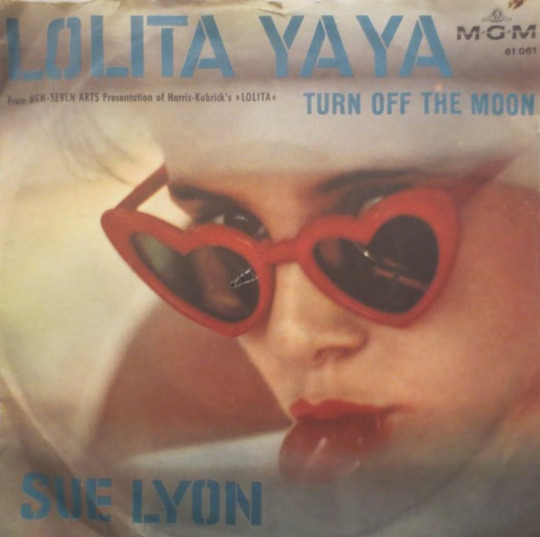
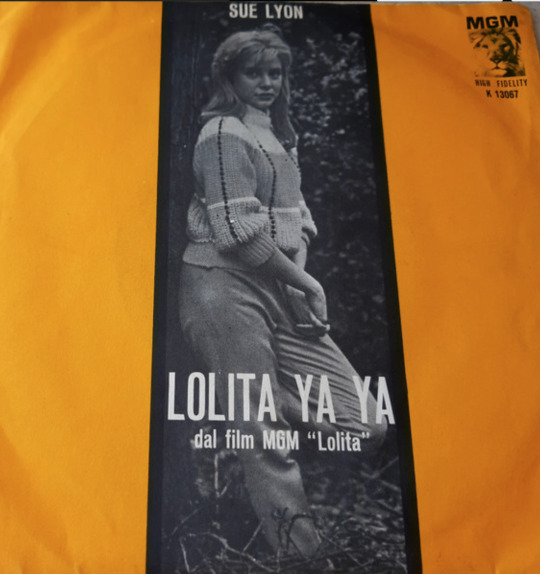
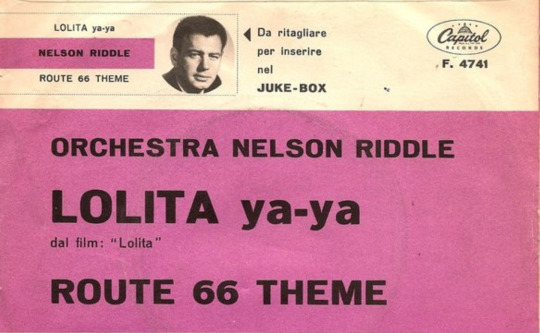
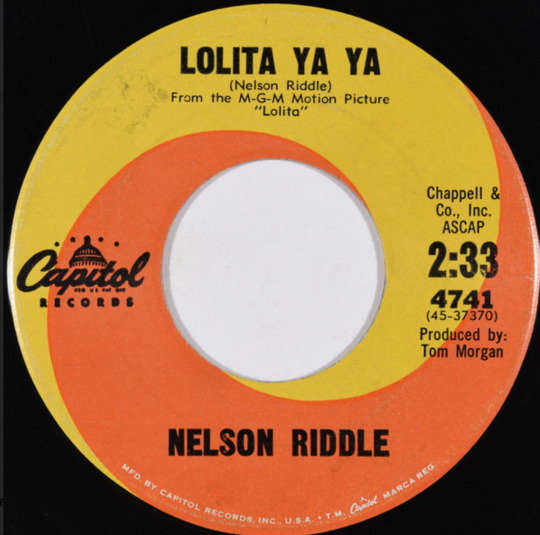

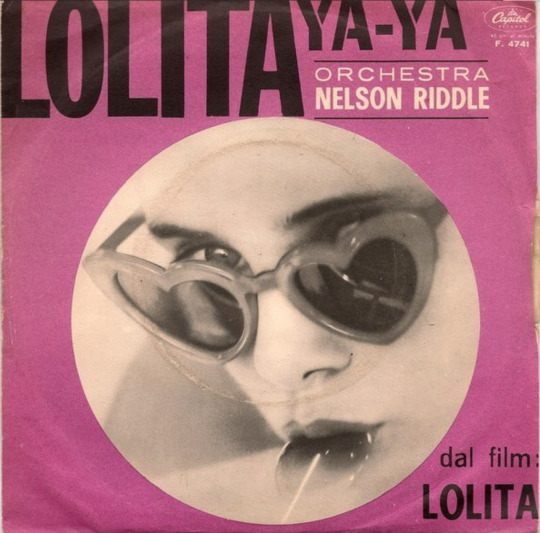
youtube
Twenty-five years ago I dumped a couple dozen quarters into a dive bar jukebox and played this song continuously until an enraged old man threatened to punch me in the head. He didn’t, but he did unplug the jukebox.
42 notes
·
View notes
Text
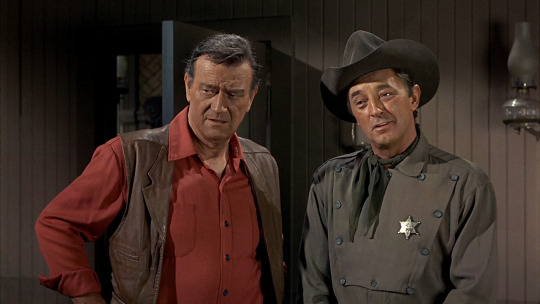
El Dorado (1966)
Pulp science fiction writer Leigh Brackett was an anomaly in the genre. Not only was she a woman, but she also crossed over into Hollywood sporadically. Alongside her novellas and serialized stories, her film credits are enviable: The Big Sleep (1946; okay, this film’s story never made sense, but its romantic dialogue is legendary), Rio Bravo (1959), and, posthumously, The Empire Strikes Back (1980). To Brackett, she deemed her script to 1966’s El Dorado, a loose adaptation of Harry Brown’s novel The Stars in Their Courses, as “the best script [she] had done in [her] life.” High praise for oneself, especially as one could easily interpret El Dorado as a lighter, slightly more comic version of Rio Bravo. El Dorado was Brackett’s fourth of five collaborations with director Howard Hawks (1938’s Bringing Up Baby; the four other Brackett-Hawks collaborations include The Big Sleep, 1948’s Red River, Rio Bravo, and 1970’s Rio Lobo). Brackett’s inventiveness and spiky dialogue makes even the more clichéd elements of the story more entertaining than they should be. Other than Hawks and the ensemble cast, it is Brackett who is most responsible for the film’s success.
Somewhere in the American West, cowboy Cole Thornton (John Wayne) rides into the town of El Dorado for a job offer from local landowner Bart Jason (Ed Asner). His longtime friend, Sheriff J.P. Harrah (Robert Mitchum) meets with him, quickly deduces the reason for Cole’s presence in town, and effortlessly persuades his friend to turn down the job (the mutual respect for each other – between the characters and between Mitchum and Wayne – is apparent from the moment they meet). Jason’s job for to Thornton included coercing, gently or otherwise, the MacDonald family to abandon their land and water rights. The MacDonalds are an honest family, Harrah says, and they have been the target of regular harassment from Bart Jason and his men. Over the rest of the film, Harrah, Thornton, elderly deputy Bull Harris (Arthur Hunnicutt), a youthful gunslinger named Mississippi (James Caan), and Dr. Miller (Paul Fix) find themselves further embroiled in Jason’s repeated attempts to violently force the MacDonalds out.
El Dorado’s large supporting cast also includes saloon owner Maudie (Charlene Holt, whose character has a hankering for Thornton); R.G. Armstrong, Christopher George, Johnny Crawford, and Adam Roarke as the MacDonald boys; and Michele Carey as the hot-tempered Josephine “Joey” MacDonald (Carey and Holt play two of the final examples of the “Hawksian woman”).
Comparisons to Rio Bravo are all but inevitable to cinephiles and fans of American Westerns. Where Rio Bravo is more of a movie where friends revel in each other’s’ vibes, El Dorado is squarely a story of aging cowboys whose foibles – Harrah’s alcoholism to drown his self-pity, Thornton’s first act spinal injury and free-roaming ways – may spell the difference between local tragedy and justice. Despite what she might say, Brackett’s script to Rio Bravo (co-written by Jules Furthman) is far tighter than El Dorado’s, which employs a momentum-killing six-month time skip just as its dramatic interest begins to pique (editor John Woodcock does not provide any assistance here). It takes just a tad too much time for El Dorado, which uses the time skip to introduce Mississippi and sideline Harrah due to his heavy drinking, to regain the dramatic interest it established in the opening third of the movie.
Both casts of Rio Bravo and El Dorado have advantages over the other. Rio Bravo boasts Walter Brennan and Ward Bond in supporting roles (yet I’ve never been too fond of Dean Martin’s performance). El Dorado has Mitchum (whose dynamic with Wayne is fantastic), Caan (miles better than a Ricky Nelson sticking out like a rock 'n' roll kid from the 1950s), and not enough Asner. The two films, to me, are similar in quality, and I vacillate between which is “better” (but, on a rewatch, I think I might prefer El Dorado)*.
The interplay between John Wayne and Robert Mitchum lies at the heart of El Dorado. In 2024, it remains fashionable to lambaste Wayne for not being able to act and “playing himself” – an accusation that has been around for decades. With more lightly comedic material than usual (I would not consider El Dorado a comedy, but there are good-hearted ribbings and wry situational observances that prevent this from being a pure dramatic Western), Wayne revives some of the comic timing from The Quiet Man (1952) to decent effect here, especially around Mitchum and Caan. But most compellingly, Howard Hawks directs Wayne in a way that acknowledges and plays against his on-screen persona as the accomplished Western hero. Thornton’s spinal injury in the film’s opening act sees him reckon with his mortality – in jest and in seriousness. Wayne’s delivery and his physical acting is striking to longtime viewers such as yours truly, as it is one of the first films in which Wayne must come to terms with aging and his growing fallibility, as well as his reputation for outgunning and outthinking his opponents. The seeds of what would be Wayne’s late career signature performances in The Cowboys (1972) and The Shootist (1976) begin to show themselves here.
Mitchum, perpetually sleepy-eyed and always my first choice to play a slovenly protagonist good with a revolver, is wonderful here as a sheriff with the romantic maturity of a teenager who unaccustomed to rejection. The duality of Mitchum’s Sheriff Harrah here – the fastest gun for miles around determined to uphold the law and the inebriated slob who retains a sense of humor that makes self-pitying and self-deprecation indistinguishable – is difficult to pull off, but Mitchum does exactly that. Mitchum and Wayne’s historical on-screen personas are not polar opposites, but there is nevertheless little overlap between the two aside for their marksmanship. In their only screen appearance together (the two both co-starred on 1962’s The Longest Day, but their scenes were filmed separately), it seems the two have known each other for ages. The subtle glances, the knowing facial expressions, and gentlemanly warmth in conversation bely the fact that this is their first film together. But for El Dorado, their rapport benefits the film magnificently.
Like his good friend Ernest Hemingway, Howard Hawks admired masculine competence, professionalism, and self-reliance. El Dorado rambles a little bit about duty, honor, and loyalty, but all of this surrounds the central tenants of male friendship found here and in Rio Bravo. It is the development of that friendship and simultaneous professional excellence, rather than any plot details, that concerns Hawks – and this is the frame through which he wants viewers to see this film. By his own self admission, Hawks stated that he was, “much more interested in the story of a friendship between two men” than anything else in El Dorado (including fidelity to the original novel). The range war between Jason and the MacDonald family lacks as much exposition as some might expect. Hawks and Brackett refuse to fully explain how the dispute started, as well as what the conflict has wrought during the film’s time skip.
Those who are not as competent or professional – in this film’s case, James Caan’s character of Mississippi – are simply comic relief until they can prove otherwise. For those aware of Hawks’ aversion to Fred Zinnemann’s High Noon (1952) – in which Gary Cooper’s Sheriff Will Kane spends almost ninety minutes going around town asking for help when he learns a few recently-released convicts are coming to murder him (Hawks, to my consternation, considered this cowardly and a disgrace to the Western genre) – El Dorado is yet another reaction against it.
Unlike Hemingway, Hawks (who was by no means a feminist) rejects Hemingway’s reductionist portrayals of women as “Dark” (submissive lovers) or “Light” (castrating man-killers). The female protagonists in Hawks’ films, too, demonstrate tremendous ability. The saloon keeper, Maudie, is perhaps the most keenly observant individual in the entire picture, and can pick out the psychology of a person whether she has known them for ages (such as our leads) or if they have just stumbled in for a drink. She may be the smartest person in town. Her fellow Hawksian Woman is the wild-haired Joey MacDonald (her hair feels at times like an anachronism airlifted from the 1960s, rather than a likelihood of the Old West), quick on a gun and with a quicker temper. There is not nearly enough attention on either character as previous Hawksian Women (nevertheless, we need to recall what Hawks wanted to concentrate on most here, and that’s male friendship), but what there is still improves El Dorado’s watchability aside from our two leads.
youtube
A worthy score from composer Nelson Riddle (1960’s Ocean’s 11, 1962’s Lolita) dials back the main theme more than one might expect from a midcentury Western, but it is still effective music for this film. Riddle is best known as an arranger and orchestrator for the likes of Frank Sinatra, Nat King Cole, and Linda Ronstadt, not a composer. Nevertheless, arrangers and orchestrators can learn composition through osmosis if they have not already been trained in music composition. Riddle’s liberal use of harmonica perfectly captures the setting, although his use of electric guitar/bass and discernible lack of harmonic identity (especially in the strings) feels too much like television scoring from this era – Riddle was the principal composer for the 1960s Batman television series starring Adam West. Instead, the score highlights revolve around uses of the main title song and its variations.
And what about that title song? Sung by George Alexander and the Mellomen, with lyrics by John Gabriel (Dr. Seneca Beaulac on ABC’s soap opera Ryan’s Hope), “El Dorado” fits the film perfectly, and Alexander’s rich baritone musically exemplifies the masculine themes of El Dorado. Strings double underneath the vocals, with the occasional woodwind and brass section and peaking out from the melodic doubling (again, one wishes for more harmonic interest here aside from doubling the melody). A snippet of the song’s lyrics reference to Edgar Allan Poe’s poem “Eldorado”; the poem itself is recited by Mississippi. “El Dorado” is nothing but an earworm, and I just wish it (and its variations) made more appearances in the film itself.
Though Rio Bravo had elements of a changing of the guard, El Dorado cannot help but feel, by its conclusion, as a generational marker, a near-last hurrah – intentionally or otherwise. This is not, like The Wild Bunch (1969) or Unforgiven (1992), a eulogy of the Old American West. In 1966, El Dorado came at a time when the great figures of Old Hollywood and the height of the American Western’s popularity (Wayne and Mitchum) were no longer the dominant forces in American cinema. The film’s title song even opens with oil paintings from Western artist Olaf Weighorst, of evocatively overcast vistas of the West, as if in reflection.
El Dorado would be Leigh Brackett and Howard Hawks’ penultimate collaboration and penultimate Western, with Rio Lobo a few years away. Their professional partnership, so unlikely given Hawks’ status in Hollywood and Brackett’s supposedly disreputable day job as a pulp science fiction writer, is maybe one of the most underrated and undermentioned in Old Hollywood history – one that spanned the height of Golden Age Hollywood to its final years. For El Dorado, Brackett, despite a few structural missteps, once again shows her gifts for dialogue and a keen understanding of Hawks’ directorial intentions. Hawks arguably improves upon his depiction of male camaraderie from Rio Bravo, allowing our protagonists to intuit their aging (some might say obsolescence). This is a sterling Western, if slightly out of time.
My rating: 8.5/10
^ Based on my personal imdb rating. My interpretation of that ratings system can be found in the “Ratings system” page on my blog. Half-points are always rounded down.
* As of this write-up’s publication, I have not seen Rio Lobo (1970), which forms an unofficial trilogy of Westerns with Rio Bravo and El Dorado.
For more of my reviews tagged “My Movie Odyssey”, check out the tag of the same name on my blog..
#El Dorado#Howard Hawks#John Wayne#Robert Mitchum#James Caan#Charlene Holt#Paul Fix#Arthur Hunnicutt#Michele Carey#Leigh Brackett#Ed Asner#R.G. Armstrong#Harold Rosson#John Woodcock#Nelson Riddle#Harry Brown#TCM#My Movie Odyssey
2 notes
·
View notes
Text
Nelson Riddle - Route 66 Theme (1962)

Nelson Riddle and His Orchestra - Route 66 Theme (1962)
Nelson Riddle
from:
"Route 66 and Other Great TV Themes" (LP)
"Route 66 Theme" / "Lolita Ya Ya" (Single)
Instrumental | Soundtrack | Theme Song | Orchestral
JukeHostUK
(left click = play)
(320kbps)
Partial Personnel:
Nelson Riddle: Composer, Arranger, Conductor
Donn Trenner: Piano
Bob Bain: Guitar
Produced by Tom Morgan
Recorded:
@ Capitol Records Studios
in Hollywood, California USA
1962
Album Released:
March, 1962
Single Released:
April, 1962
Capitol Records
#Nelson Riddle#Route 66 Theme#Theme Song#1960's#Instrumental#Capitol Records#Tom Morgan#Route 66 and Other Great TV Themes
10 notes
·
View notes
Text

Nelson Riddle, Frank Sinatra, Bill Miller and Ella Fitzgerald on set of “The Frank Sinatra Show” in 1958.
49 notes
·
View notes
Text
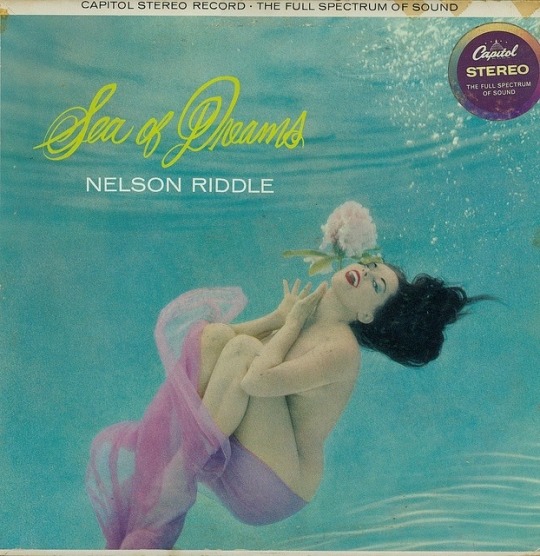
#vintage#1950s#aesthetic#pretty#beautiful#gorgeous#yas#nelson riddle#50s#old#old is gold#album#album cover#vinyl
3 notes
·
View notes
Photo
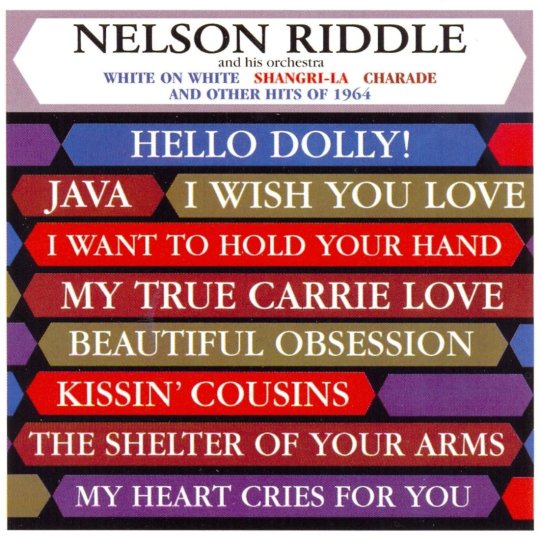
Nelson Riddle — White On White.
1964 : Reprise.
! listen @ Apple Music ★ buy me a coffee !
4 notes
·
View notes
Text
youtube
Now this one I KNOW is Ravelian - it's just "Bolero"!!!
4 notes
·
View notes
Text
Five Foot Two, Eyes Of Blue - Nelson Riddle
Listen to more from this soundtrack
2 notes
·
View notes
